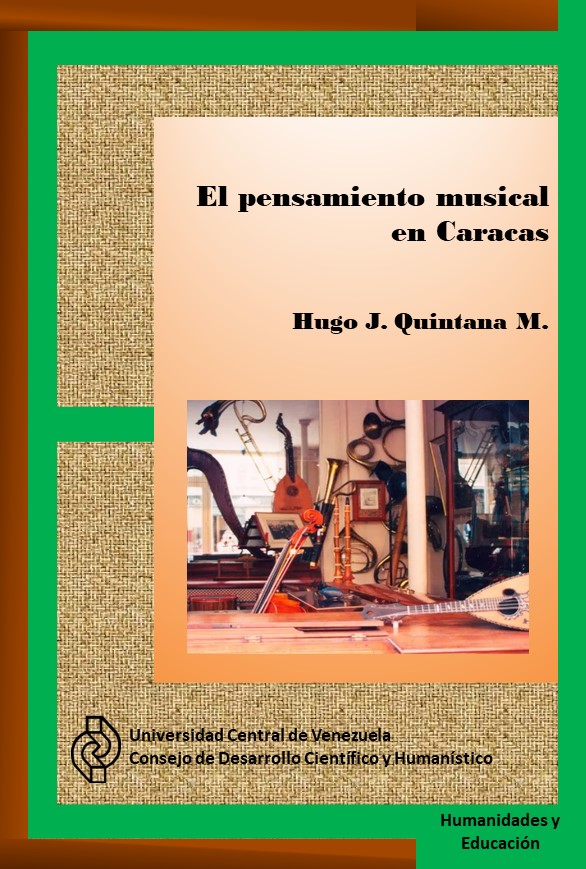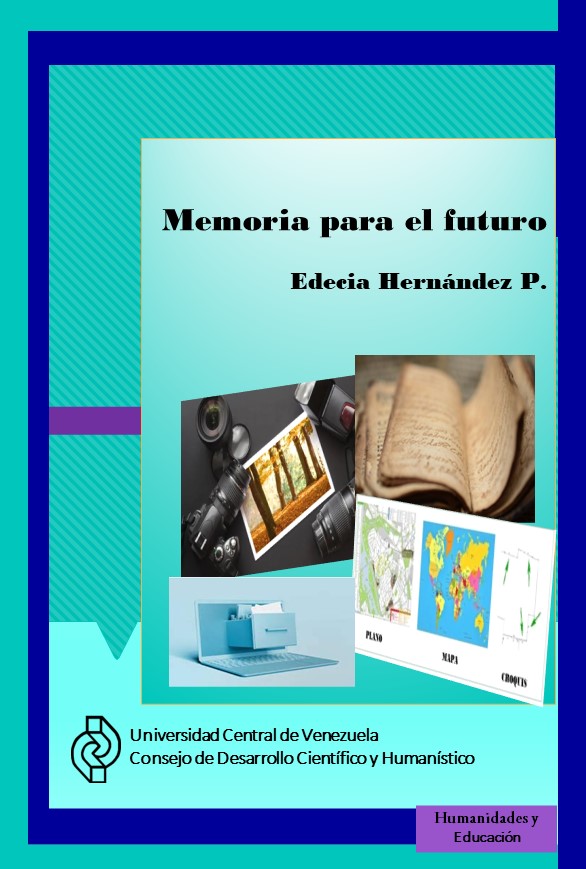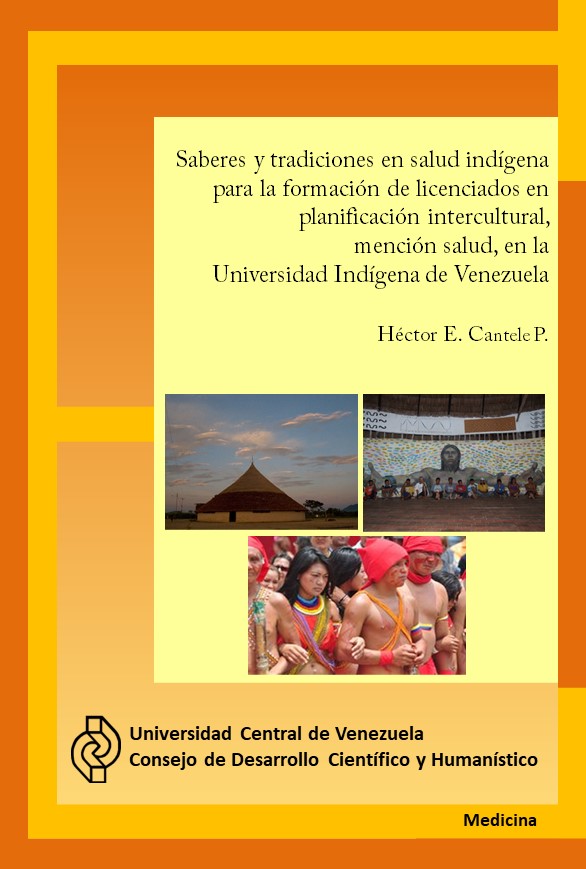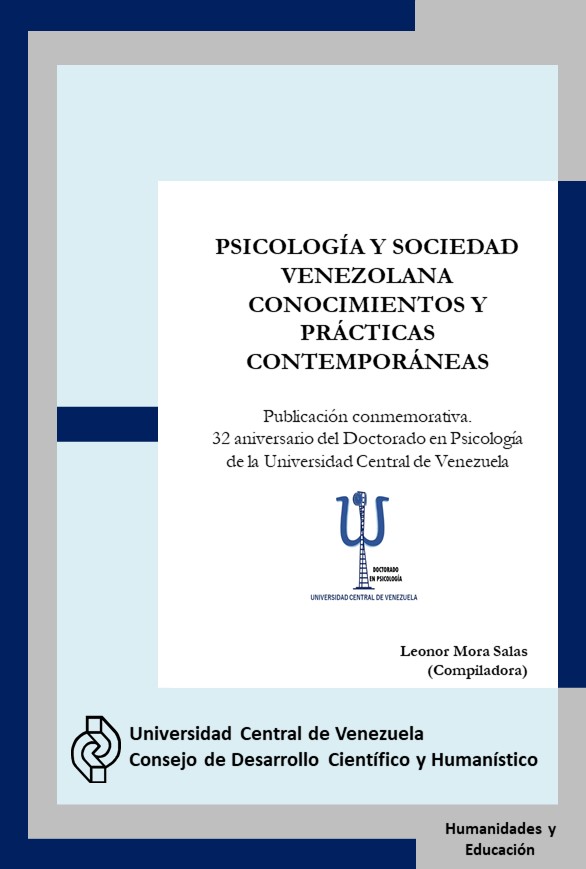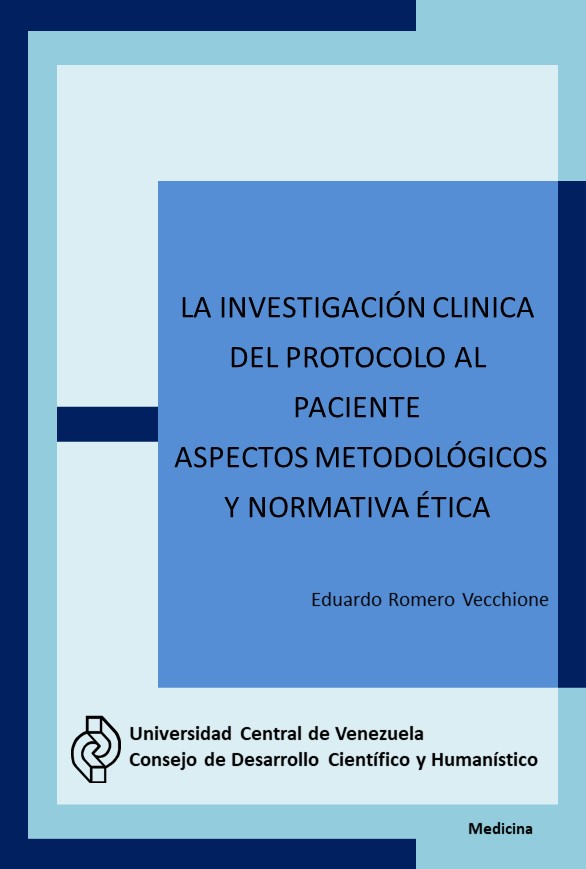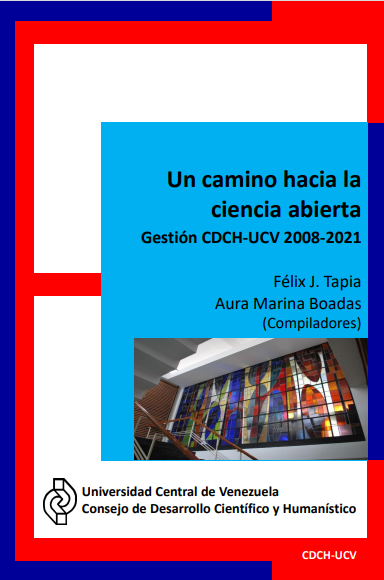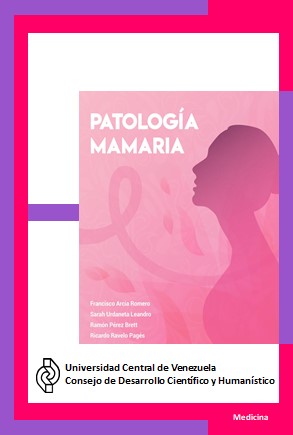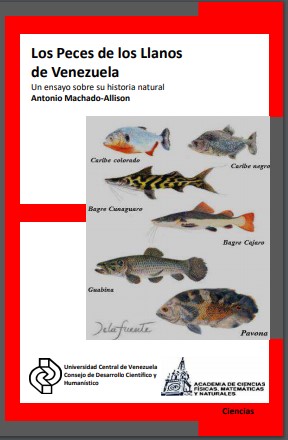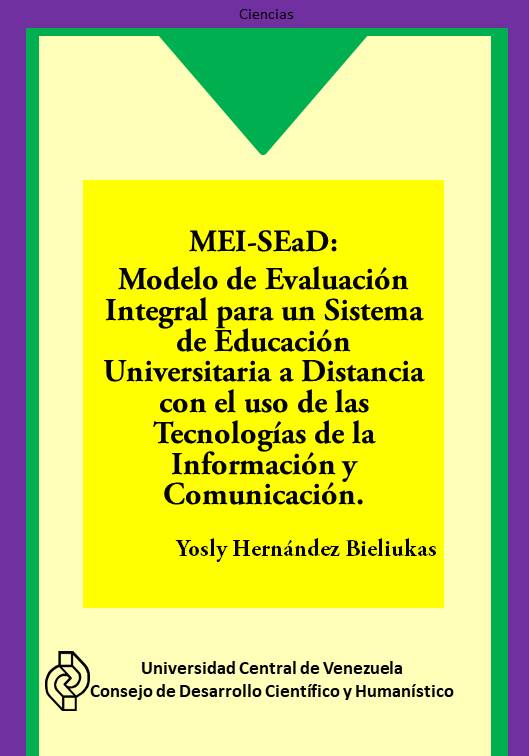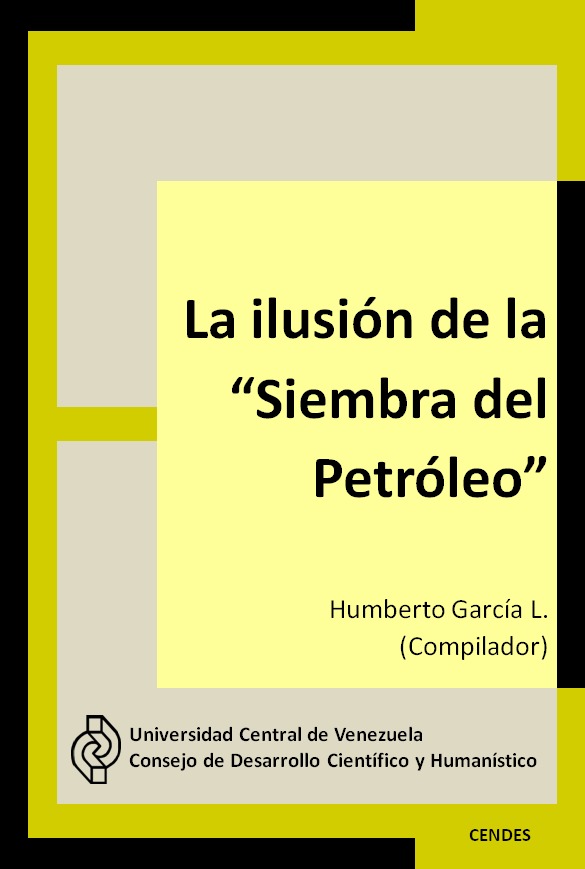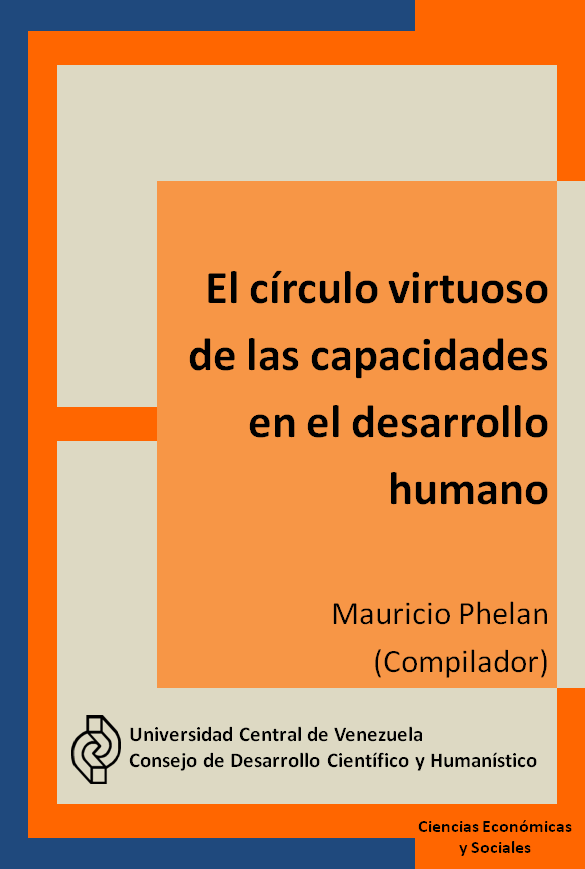Yuca (mandioca) modificada genéticamente para proporcionar una nutrición completa en un solo alimento básico
Oct 14, 2010 Prensa Noticias de Interés 0
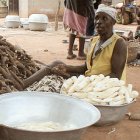 La yuca, mandioca, casava o casabe (Manihot esculenta, sin. M. utilissima)es un arbusto perenne de la familia de las euforbiáceas, autóctona y extensamente cultivada en Sudamérica y el Pacífico por su raíz almidonosa de alto valor alimentario (Wikipedia).
La yuca, mandioca, casava o casabe (Manihot esculenta, sin. M. utilissima)es un arbusto perenne de la familia de las euforbiáceas, autóctona y extensamente cultivada en Sudamérica y el Pacífico por su raíz almidonosa de alto valor alimentario (Wikipedia).
SciDev.net informa esta semana que una Manihot esculenta modificada genéticamente para aumentar sus concentraciones de hierro, proteína, zinc y beta caroteno (precursor vitamina E) comenzará a ser cosechada en Nigeria, después de su aprobación por el Comité Nacional de Bioseguridad de ese país.
“Éste es uno de los proyectos más ambiciosos jamás asumido sobre una planta cultibable fundamental” dijo Richard Sayre del Centro de Ciencia Vegetal Donald Danforth de St. Louis, Missouri. Sayre dirige el Programa BioCassava Plus que comenzó en 2005 bajo el Grand Challenges for Global Health Programme (Programa de Grandes Desafíos para la Salud Global). El desafío con la mandioca es proporcionar una nutrición completa en un solo alimento básico.
‘Super cassava’ to enter field trials
scidev.net
19 febrero 2009
Aisling Irwin
[CHICAGO] An ambitious attempt to bioengineer cassava into a “complete meal” took a step forward last week with the approval of field trials for the plant by Nigeria’s National Biosafety Committee.
The genetically modified cassava contains 30 times as much beta-carotene, a precursor of vitamin A, as its normal counterpart. Ultimately it is hoped the cassava will contain increased levels of iron, protein, zinc and vitamin E that will meet the minimum daily allowance in a 500 gram meal.
“This is one of the most ambitious projects ever attempted in a major crop plant,” said Richard Sayre of the Donald Danforth Plant Science Center in St Louis, Missouri, who spoke at the annual meeting of the American Association for the Advancement of Science, held in Chicago, the United States last week (13 February).
Sayre directs the BioCassava Plus programme, which began in 2005 under the Grand Challenges for Global Health Programme. The challenge is to provide complete nutrition in a single staple crop.
Some 250 million people in Sub-Saharan Africa — and 800 million people globally — rely on cassava as their main source of energy. But it is low in nutrients, vulnerable to plant viruses, and it lasts only two days without processing.
As well as adding extra nutrients, the team has successfully produced varieties with increased virus resistance, decreased amounts of poisonous cyanides — which can remain in cassava if the crop is poorly processed — and a longer shelf life.
“We’re transforming it into a staple that will provide complete nutrition,” Sayre told SciDev.Net. Laboratory and greenhouse tests have been successful — for example, iron levels were increased ninefold, zinc fourfold and protein fourfold. The next stage is confined field trials — small-scale field trials to evaluate the performance of the crop under stringent conditions.
If those succeed, there will be nutrition trials, first in animals and then in humans. Nigeria’s approval is the first it has granted for a GM confined field trial, said Sayre — though the document awaits the signature of the country’s environment minister. The Nigerian National Root Crops Research Initiative will oversee the trials.
So far the traits have been introduced individually into plants. The first product with multiple traits is likely to contain just elevated vitamin A, iron and protein as well as virus resistance.
“To add the other four is going to be technologically more challenging,” said Sayre.
The team also hopes to begin confined field trials in Kenya, to be overseen by the Kenya Agricultural Research Institute, before the end of 2009.
“We are now in the process of training African scientists in our labs. They are going to learn the technology to make a transgenic cassava plant. They will return and make the final products themselves,” said Sayre.
happy wheelsRelated articles
More in this category
-
 Designación de jurados CDCH, julio
Designación de jurados CDCH, julioJul 16, 2025 0
-
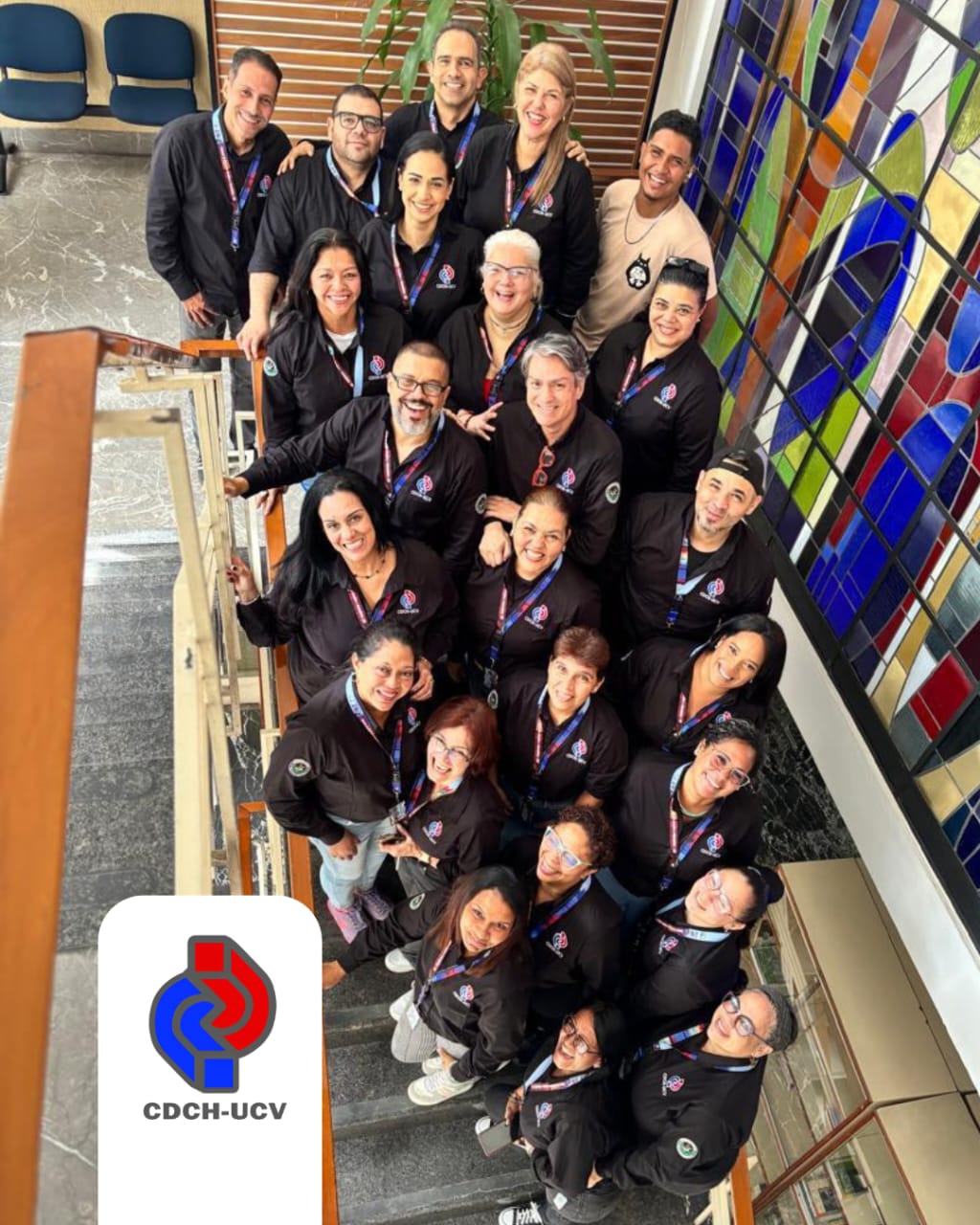 ¡Somo CDCH!
¡Somo CDCH!Jul 01, 2025 0
-
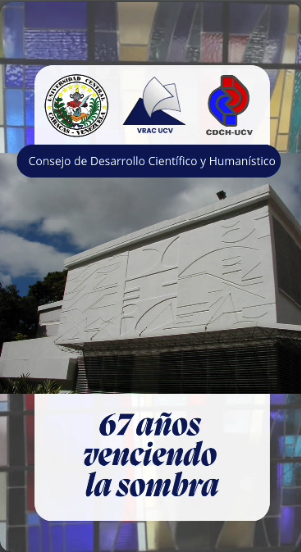 ¡Estamos de aniversario!
¡Estamos de aniversario!Jun 28, 2025 0
-
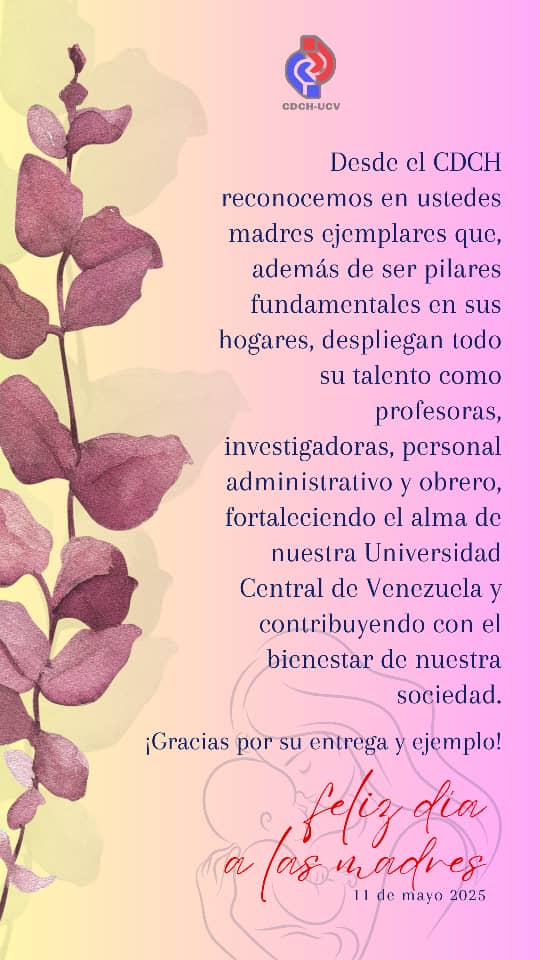 ¡Feliz Día de las Madres!
¡Feliz Día de las Madres!May 12, 2025 0


